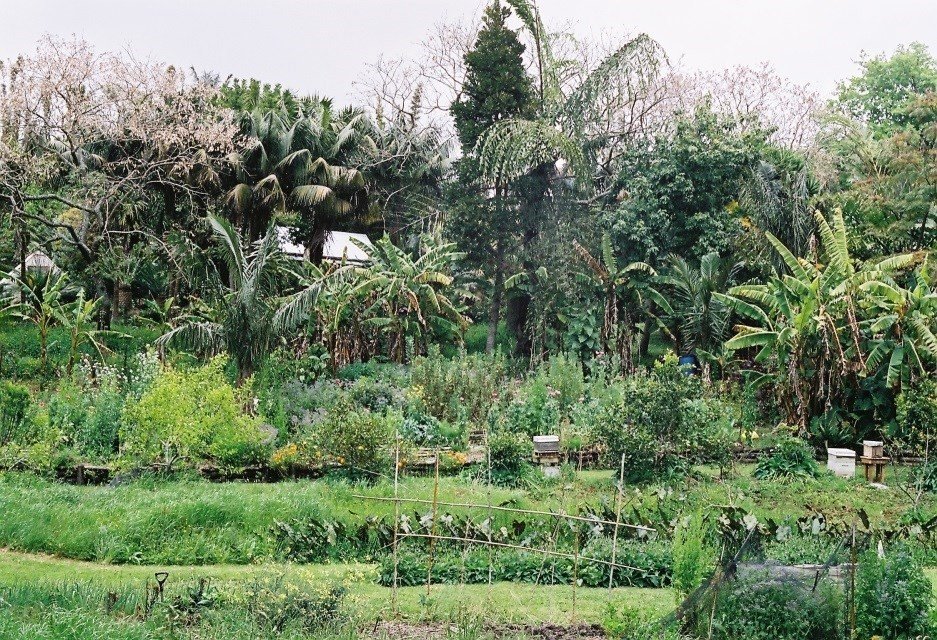Pesticides
Conventional agriculture relies on pesticides to protect crops from pests and diseases – including synthetic herbicides to control weeds and synthetic
fertilisers to promote crop growth. Over time this heavy use of synthetic chemicals reduces the soil biota and the productive capacity of the soil, and creates increased resistance by pests to the chemicals used, as well as the resurgence of secondary pests.
There are various long-term effects associated with particular pesticides that are found in our food, including endocrine or hormonal disruption, cancer, immune system effects, nervous system damage, genetic damage, infertility and birth defects. These chemicals are also dispersed in the environment, polluting waterways and damaging ecosystems.
Numerous studies on the adverse impacts of pesticides and chemical fertilisers have raised awareness about the use of synthetic chemicals in agriculture, including how effective they actually are in treating pests and diseases, and the impact they are having on human health as well as the wider environment. People are turning to more natural forms of pest and disease control that are more effective, sustainable and healthier in the long term.
Organic agriculture has a holistic approach to pest and disease management that avoids the need for pesticides by instead focusing on building healthy fertile soil with abundant microbial life, fostering natural predators and using natural remedies. Truly well-nourished plants do not attract pests or provide a suitable situation for pests and diseases to develop. Farmers and producers try to create healthy soil so that plants and animals can be healthy, and build up good natural defences against pests and diseases. The long-term health of the soil is taken into consideration, rather than trying to deal with the immediate problem with synthetic sprays. Biological controls may be used.
The Soil & Health Association is opposed to the use of harmful pesticides in Aotearoa New Zealand. We advocate for farmers and producers to adopt natural, non-harmful methods of pest and disease management.
We believe that:
The most toxic harmful pesticides such as glyphosate should be phased out immediately.
Use of glyphosate in public places, home gardens and for pre-harvest desiccation should cease immediately as these are the routes that expose most people to glyphosate. Other uses should be restricted and phased out as soon as possible. Researchers and farmers should be encouraged to develop and implement nonchemical alternatives to glyphosate that foster soil microbial life instead of destroying it.
Pesticide spray drift across a landowner’s boundaries without the neighbours’ consent should be made illegal.
There is a need for stricter enforcement with higher penalties for any harm from pesticides caused to human or animal health and/or pollution of waterways, groundwater, air and soil.
When pesticides are used the ‘polluter pays’ principle should apply, so that pesticide users should be held financially liable for any adverse effects that might occur from spray drift or chemical trespass.
More resources are needed for the monitoring of farm spraying activities and their effects on the health of the environment and people.
Aerial spraying of pesticides should be a prohibited activity.
Photo credit: Nick Holmes





